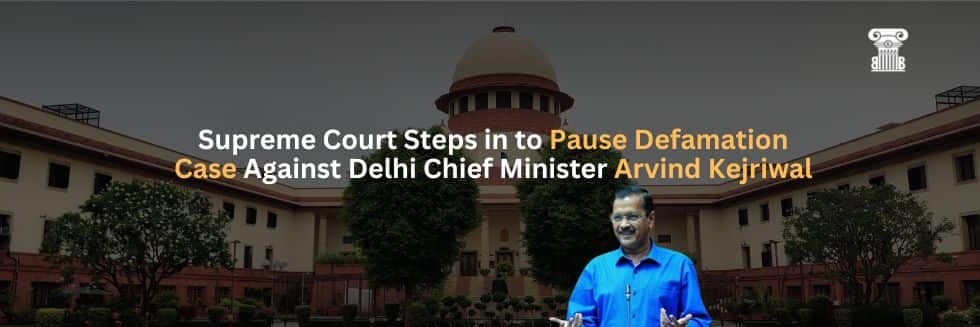Noting that there was a consensual relationship between the parties, the Jaipur bench of the Rajasthan High Court quashed an FIR against a rape accused. The bench noted that the prosecutrix continued to engage in a sexual relationship with the petitioner for a long period.
A single-judge bench of Justice Farjand Ali noted, “Why did the complainant allow the accused to have inter-course with her on different dates, at different places and even at different intervals?”
Justice Ali noted that no offence of rape was made out as the complainant continued to engage in a sexual relationship with the petitioner for a long period of two years.
“This is an unfortunate but routine case of a boy and a girl having an affair, indulging in sexual relationship and ultimately ending in breakup,” the bench said.
Case Background
The complainant and accused were introduced by a mutual friend who assumed that they’ll be a good match for marriage. But her brother was against it.
The complainant had alleged that the accused called her frequently to coax her into marriage and she ultimately consented. She added that the man induced her to develop a physical relationship on the pretext of marriage after which she surrendered herself.
She was allegedly made to have sexual intercourse several times over the same promise even when she was not willing to do it. The complainant had alleged that the accused had threatened her to release an obscene video of her when she protested.
The accused, finally, refused to marry her. The prosecutrix filed an FIR against him.
The petitioner contended that there were discrepancies and exaggerations in her FIR. He argued that she was a grown up, literate lady who could differentiate good from bad, so it should be presumed that there was a consensual relationship.
Both parties argued that at the time of quashing an FIR, appreciation of evidence was not required. It was further contended that this was a clear case of seduction on account of a false promise to marry.
“There is not an iota of evidence to show or suggest that right from the inception, the intent of accused petitioner was to deceive the woman to convince her to engage in sexual relationship,” the court noted.
The bench noted that the failure to keep a promise made in 2018 two years later, could not be construed to mean that the promise itself was false. The excuse taken regarding consent given under misconception appeared to be flimsy and unconvincing, added the High Court bench.
“The embellishment in the FIR cast serious doubts on the genuineness of the allegations, and a perusal of the parties’ WhatsApp messages negated the story,” Justice Ali said.
The bench also noted that taking so long to report the matter cast serious doubts. Justice Ali went on to noted that when a woman is educated, she must be well aware of the consequences of having sexual intercourse with a man prior to solemnising of the marriage, and a balanced view must be taken considering both the parties.
The High Court also referred to the Supreme Court judgment in Pramod Suryabhan Pawar v. State of Maharashtra where it was noted that there was a distinction between a false promise given on the understanding by the maker that it will be broken, and the breach of a promise that is made in good faith but subsequently not fulfilled.
Therefore, the bench held that there was a consensual sexual relationship between the parties and thus, no offence as alleged in the FIR was made out and the FIR was quashed.






